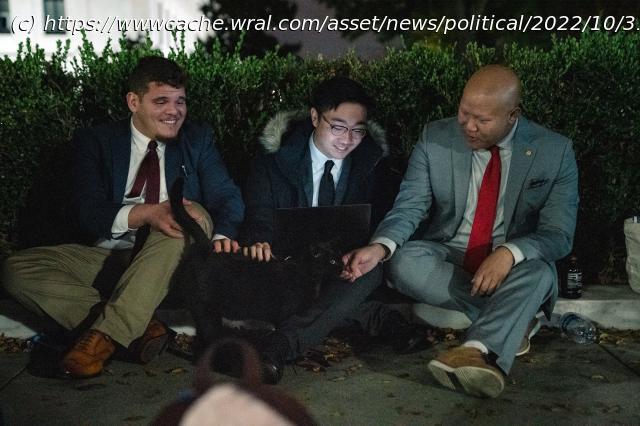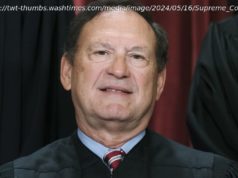WASHINGTON — The race-conscious admissions program at the University of North Carolina seemed to be in peril at the Supreme Court on Monday. By the end of an unusually long and heated argument, a majority of the justices appeared ready to reconsider decades of precedents and to rule that the program was unlawful.
WASHINGTON — The race-conscious admissions program at the University of North Carolina seemed to be in peril at the Supreme Court on Monday. By the end of an unusually long and heated argument, a majority of the justices appeared ready to reconsider decades of precedents and to rule that the program was unlawful.
WASHINGTON — The race-conscious admissions program at the University of North Carolina seemed to be in peril at the Supreme Court on Monday. By the end of an unusually long and heated argument, a majority of the justices appeared ready to reconsider decades of precedents and to rule that the program was unlawful.
Depending on its scope, a ruling against UNC could jeopardize affirmative action at public colleges and universities around the nation and perhaps at private ones, too. A second argument Monday, concerning admissions policies at Harvard, a private institution, will help clarify the approach the court is likely to take.
Members of the court’s six-justice conservative majority asked skeptical questions about the interest in educational diversity that the court has said justifies taking race into account in admissions decisions.
“I’ve heard the word diversity quite a few times, and I don’t have a clue what it means,” Justice Clarence Thomas said. “It seems to mean everything for everyone.”
Justice Samuel Alito asked a similar question about the term “underrepresented minority.”
“What does that mean?” he asked, adding that college admissions are “a zero-sum game” in which granting advantages to one group necessarily disadvantages another.
The court’s three liberal members put up a spirited defense of affirmative action.
Justice Ketanji Brown Jackson said it would be odd if admissions officers could consider factors like whether applicants were parents, veterans or disabled — but not if they were members of racial minorities. That has “the potential of causing more of an equal protection problem than it’s actually solving,” she said.






